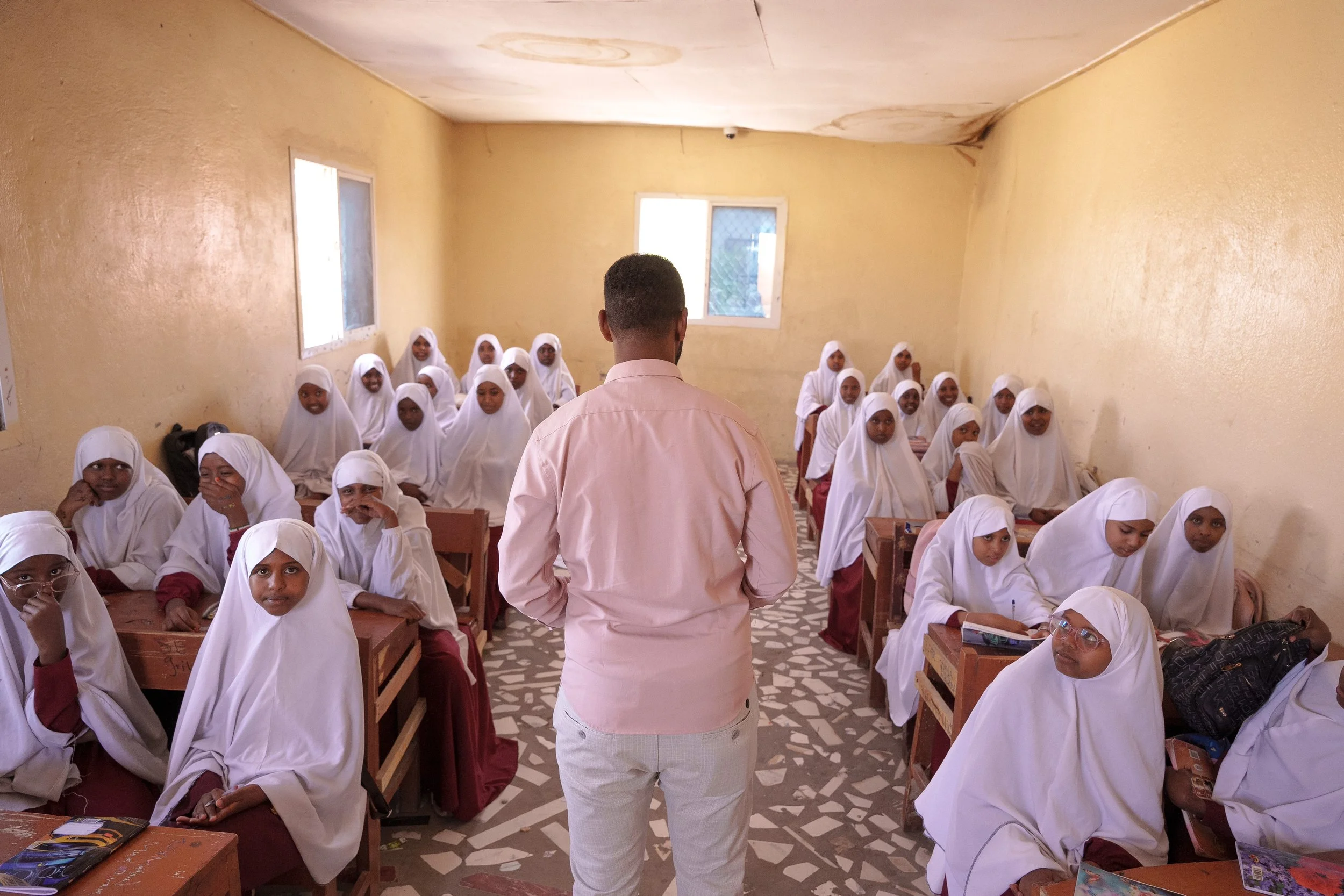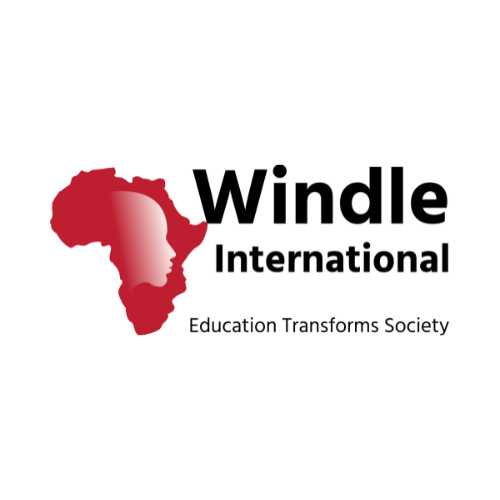Where we work
Windle Trust International works with people in East Africa and the Horn of Africa.
Our programmes span Sudan, South Sudan, Somaliland and the UK. Across Windle Trust International, we work with communities affected by conflict, including internally displaced people, refugees, and other marginalised communities.
South Sudan
South Sudan is one of the newest countries in the world, emerging as an independent nation in 2011 when the peoples of South Sudan voted in a referendum to separate from Sudan. Unfortunately, South Sudan’s independence did not bring conflict to an end.
Within two years, war broke out again – this time pitting former allies against each other. Education is one of the casualties of the latest conflict. School buildings have been destroyed, damaged or taken over by armed groups; even worse, teachers have fled and pupils have been press-ganged into fighting. Hundreds of thousands of children who started school with high hopes of a better future have been forced out of school.
Reflecting a history of marginalisation and lack of investment in educational facilities going back to colonial times, the newly independent South Sudan is a country with some of lowest educational indicators in the world. The adult literacy rate stands at less than 30%, and despite increases in enrolment in the last few years, a half of all primary school age children - more than one million children - are not in school. Drop-out rates are so high that the completion rate in primary schools is one of the lowest in the world.
By far the greatest barrier to effective learning, however, is a shortage of trained and supported teachers. The consequence is that very few children manage to go to secondary school. Access to education reflects high gender, geographic and wealth disparities, features which pose enormous challenges to the development of South Sudan’s economy and to the nurturing of a sense of nationhood.
Sudan
Windle Trust International has been actively supporting education in Sudan since opening its Khartoum office in 1999. Over the past two decades, we have focused on mitigating the effects of conflict on education, as war and displacement have damaged schools and universities across the country.
This has severely disrupted learning for both displaced and host communities, leading to a widespread lack of consistent educational opportunities.
The conflict that erupted in 2023 has worsened these issues significantly. Millions of people have been displaced within Sudan, with millions more fleeing to neighbouring countries. Sudan also remains home to large numbers of refugees from South Sudan, Eritrea, and Ethiopia. These dynamics have placed an immense strain on the already fragile education system, making access to quality education even more challenging for those affected by the conflict.
In times of prolonged conflict, education often takes a back seat, leaving children and young adults without crucial opportunities for learning. Windle Trust International understands the vital role that education plays in restoring a sense of normalcy and providing hope for the future. Whether at the secondary or post-secondary level, education offers a path toward stability and empowerment, even amidst ongoing instability.
Despite the ongoing challenges, Windle Trust International continues its work in regions such as Blue Nile, providing educational support to displaced people and refugees. We remain remain committed to ensuring that education remains accessible, as it plays a critical role in helping individuals and communities rebuild their lives and look toward the future.
Somaliland
Somaliland declared independence from Somalia in 1991, though it remains internationally unrecognised as a sovereign state.
Despite this, it has established a level of political stability and self-governance, distinguishing itself from its troubled neighbours in the Horn of Africa. However, the region faces significant challenges in education access, particularly in rural areas.
Education has been a priority in Somaliland’s post-conflict recovery, but the sector still suffers from underinvestment and limited resources. Many schools lack adequate infrastructure, teaching materials, and trained educators, particularly in remote areas. This scarcity is compounded by high student-teacher ratios, which impacts learning outcomes.
As we build and develop in Somaliland, we aim to support education at all levels, from Early Childhood Education and Primary through to Secondary and then Tertiary, as well as vocational training and teacher development. We focus on addressing key barriers such as resource shortages, improving both the quality and accessibility of education across the region. Our goal is to foster an inclusive, sustainable education system that equips learners with the skills necessary for national development.
Multiple Windles, One History.
Windle Trust International works separately but in parallel to Windle International, which operates in Kenya, Somalia and Uganda. Windle Trust International and Windle International each have their own boards, strategies, priorities and governance – but we have a common history based on the work of our founder Hugh Pilkington.
We have a distinctive focus on education for conflict-affected communities and work to a similar set of values and beliefs.
Distinct from Windle Trust International, Windle International operates autonomous locally-managed NGOs in Kenya, Somalia and Uganda, focusing on educational programmes for refugees and host communities through partnerships with UNHCR and local governments. Together, these locally-led NGOs make up the members of Windle International.
In Kenya, Windle International Kenya manages education initiatives within some of the largest refugee camps in the world, serving refugees from neighbouring countries like Somalia and South Sudan. Recently, Windle International Kenya has expanded its reach by managing a new office in Mogadishu, Somalia. This extension oversees the DAFI scholarship program, which aims to provide higher education opportunities to refugees.
Windle International Uganda provides a similar range of services, offering primary and secondary education in refugee settlements and nearby communities. This approach aligns with Uganda’s policy of integrating public services, such as health and education, for refugees—a model that Windle International Uganda supports. The organisation also administers the DAFI scholarship in Uganda, helping to make higher education more accessible to refugees.
Windle International members are autonomous NGOs in Kenya and Uganda, with shared governance between these locally-managed entities. While Windle Trust International collaborates with them on specific projects, such as recruitment for the WTI Postgraduate Programme, it does not participate in their shared governance. Windle Trust International’s governance structure differs, with the UK, Sudan, South Sudan, and Somaliland operating and reporting not as members, but as one cohesive organisation.
Through these efforts in Kenya, Uganda, and the new office in Mogadishu, Windle International addresses the educational needs within these regions, ensuring that refugees and host communities have opportunities to pursue their academic and professional aspirations. This support is vital for helping individuals in displaced communities develop the skills needed for personal and community growth.





